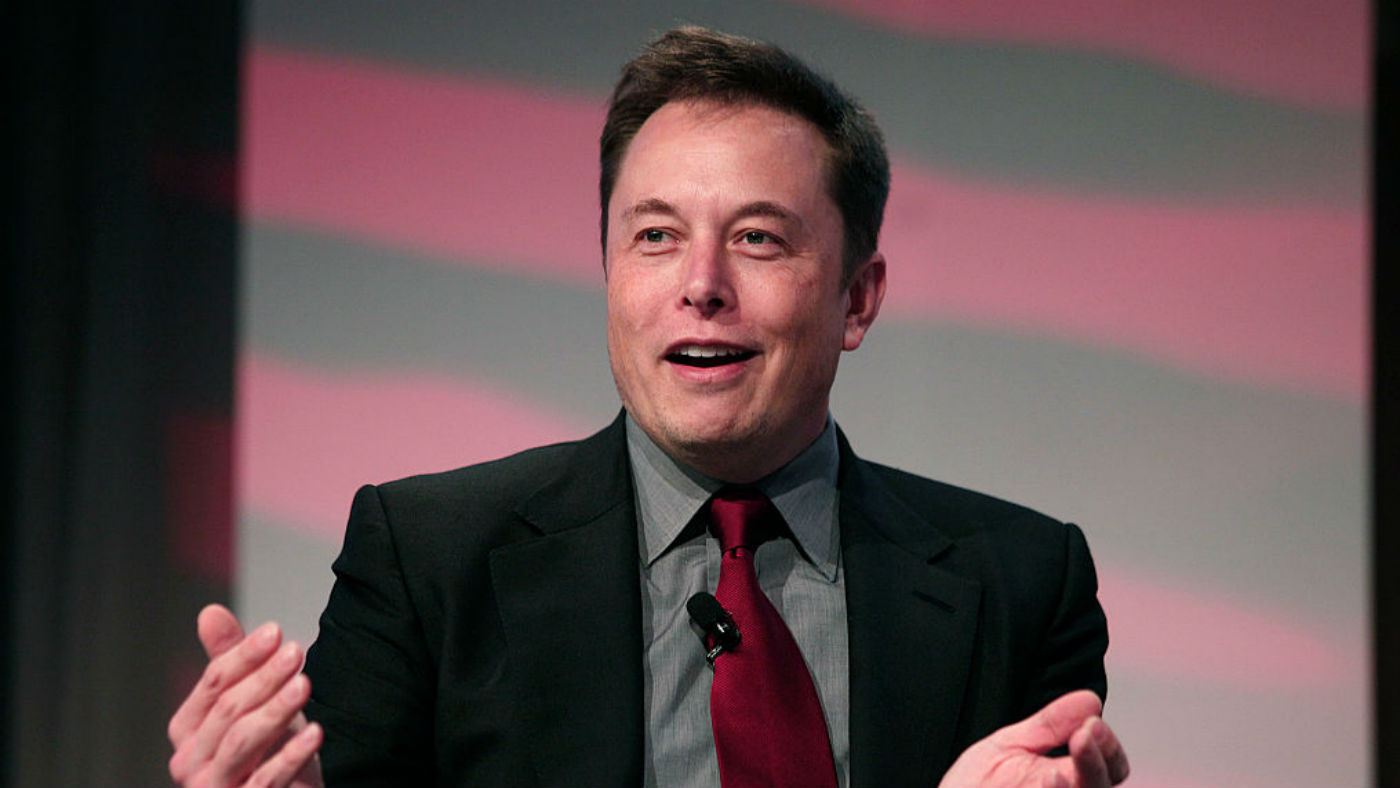Neuralink: Elon Musk's new connected brain start-up
Radical 'medical research' firm could give human brains 'added artificial intelligence', reports say

A free daily email with the biggest news stories of the day – and the best features from TheWeek.com
You are now subscribed
Your newsletter sign-up was successful
Elon Musk is well-known for his futuristic technology firms, such as the Tesla all-electric car company and SpaceX rocket programme. Now the billionaire (pictured above) is set to launch his most radical project to date.
Neuralink is a new start-up company dedicated to linking the human brain with computers in the hope of improving the development of artificial intelligence. It will research ways of implanting electronic sensors within the brain that could be used for direct computing capabilities.
"Musk's vision comprises of a 'digital layer' built into the brain that'll merge computers with our own grey matter," says Alphr.
The Week
Escape your echo chamber. Get the facts behind the news, plus analysis from multiple perspectives.

Sign up for The Week's Free Newsletters
From our morning news briefing to a weekly Good News Newsletter, get the best of The Week delivered directly to your inbox.
From our morning news briefing to a weekly Good News Newsletter, get the best of The Week delivered directly to your inbox.
According to the BBC, Neuralink, which has recently been registered as a "medical research" firm, will "develop so-called 'neural lace' technology which would implant tiny electrodes into the brain".
It adds "the technique could be used to improve memory or give humans added artificial intelligence."
Sources close to Musk told the Wall Street Journal he has "taken an active role setting up the California-based company and may play a significant leadership role".Wired says he is "tapping into an incredibly timely and topical technology that is already being worked on by researchers across the globe".
He appears to be "taking on the more seemingly realistic and profitable challenge of symptom control", the site adds, "before venturing into total man-machine brain mergers."
A free daily email with the biggest news stories of the day – and the best features from TheWeek.com
However, a source claiming to be a founding member of the team told the WSJ the company was in an "embryonic" phase and that "plans are still in flux".
Musk himself confirmed the existence of Neuralink on his Twitter account this morning and said more details would be given "in about a week".
-
 The environmental cost of GLP-1s
The environmental cost of GLP-1sThe explainer Producing the drugs is a dirty process
-
 Greenland’s capital becomes ground zero for the country’s diplomatic straits
Greenland’s capital becomes ground zero for the country’s diplomatic straitsIN THE SPOTLIGHT A flurry of new consular activity in Nuuk shows how important Greenland has become to Europeans’ anxiety about American imperialism
-
 ‘This is something that happens all too often’
‘This is something that happens all too often’Instant Opinion Opinion, comment and editorials of the day
-
 Elon Musk’s pivot from Mars to the moon
Elon Musk’s pivot from Mars to the moonIn the Spotlight SpaceX shifts focus with IPO approaching
-
 Moltbook: the AI social media platform with no humans allowed
Moltbook: the AI social media platform with no humans allowedThe Explainer From ‘gripes’ about human programmers to creating new religions, the new AI-only network could bring us closer to the point of ‘singularity’
-
 Claude Code: Anthropic’s wildly popular AI coding app
Claude Code: Anthropic’s wildly popular AI coding appThe Explainer Engineers and noncoders alike are helping the app go viral
-
 Will regulators put a stop to Grok’s deepfake porn images of real people?
Will regulators put a stop to Grok’s deepfake porn images of real people?Today’s Big Question Users command AI chatbot to undress pictures of women and children
-
 Most data centers are being built in the wrong climate
Most data centers are being built in the wrong climateThe explainer Data centers require substantial water and energy. But certain locations are more strained than others, mainly due to rising temperatures.
-
 The dark side of how kids are using AI
The dark side of how kids are using AIUnder the Radar Chatbots have become places where children ‘talk about violence, explore romantic or sexual roleplay, and seek advice when no adult is watching’
-
 Why 2025 was a pivotal year for AI
Why 2025 was a pivotal year for AITalking Point The ‘hype’ and ‘hopes’ around artificial intelligence are ‘like nothing the world has seen before’
-
 AI griefbots create a computerized afterlife
AI griefbots create a computerized afterlifeUnder the Radar Some say the machines help people mourn; others are skeptical